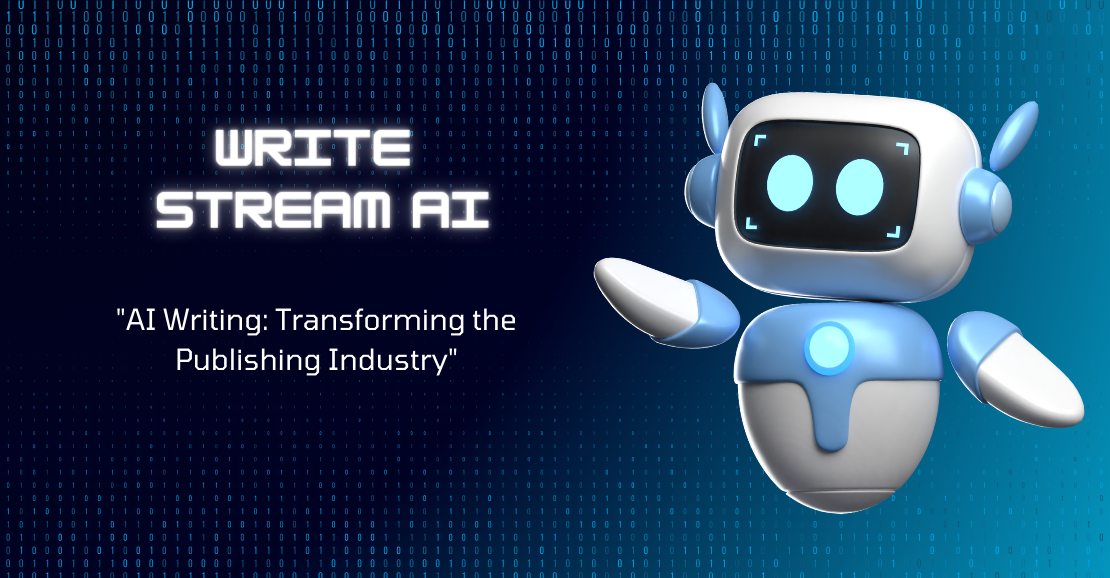AI Writing: Transforming the Publishing Industry
The publishing industry has undergone significant transformations in recent years, with the rise of technology and digitalization. One of the latest technological advancements that has made a significant impact in the publishing world is Artificial Intelligence (AI) writing. AI writing refers to the use of computers and algorithms to generate written content, ranging from short articles to full-length books. This revolutionary technology has already started to transform the publishing industry, impacting both writers and readers alike.
The traditional process of publishing a book involves a writer coming up with an idea, writing the manuscript, editing and revising, finding a publisher, and then finally releasing the book to the public. This process can be lengthy and often involves a lot of back and forth between the writer and the publishing house, resulting in a significant amount of time and effort. However, with AI writing, this process is expedited, saving writers and publishers valuable time and resources.
One of the key advantages of AI writing is its ability to generate content at a much faster rate than a human. AI algorithms can process vast amounts of information and produce written content in a matter of seconds. This technology is especially useful for news outlets and media companies that require timely and up-to-date content. With AI writing, writers and publishers can now produce and release content at a much faster pace, catering to the growing demand for instant information in today's digital age.
AI writing is also transforming the publishing industry in terms of cost. Hiring human writers and editors can be expensive, especially for smaller publishing houses or independent authors. AI writing eliminates the need for hiring multiple individuals, significantly reducing the cost of producing written content. This cost-effectiveness allows smaller publishing houses to compete with larger ones and gives independent writers a chance to showcase their work to a wider audience.
Another significant impact of AI writing is the creation of personalized content. With the use of algorithms, AI writing can analyze a reader's preferences and create customized content tailored to their interests. This technology enables publishers to target specific audiences and deliver content that is most relevant to them. This not only increases readership but also creates a more engaging reading experience for the audience.
Despite its numerous benefits, some may argue that AI writing removes the human touch and creativity in writing. Many critics fear that this technology will replace human writers, making their skills and talents obsolete. However, AI writing should be seen as a tool that can assist writers and publishers, rather than a replacement for human creativity. The human element of storytelling and imagination cannot be replicated by a machine. Writers can use AI-generated content as a starting point and then add their unique touch to create a compelling and original piece of work.
In conclusion, AI writing is transforming the publishing industry in various ways. Its ability to produce content at a faster pace, its cost-effectiveness, and personalized content creation are all contributing to the growth of the industry. While there may be concerns about the future of human writers, AI writing should be embraced as a helpful tool that can enhance the creative process. With the continuous advancements in technology, AI writing is set to revolutionize the publishing industry further, and we can expect to see more of its impact in the years to come.























Write your comment
Cancel Reply